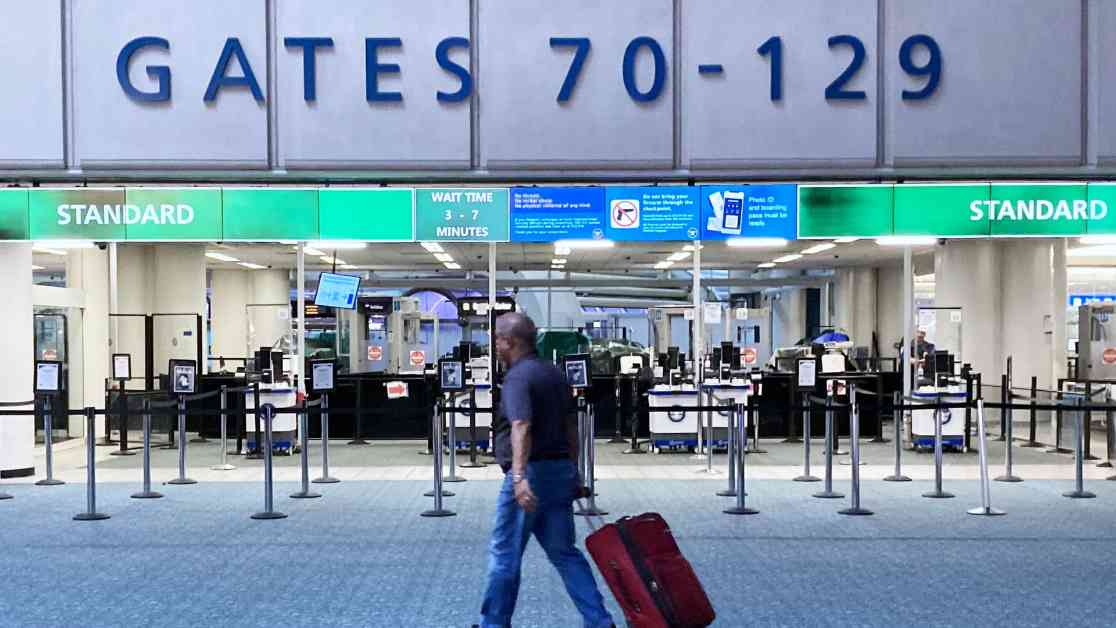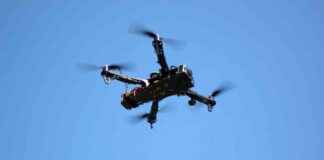Government Shutdown Threatens Air Travel During Peak Holiday Season
As the U.S. government faces the possibility of a shutdown amid the peak holiday travel season, concerns arise regarding the impact on air travel. A looming shutdown could disrupt travel plans for millions of Americans just as the festive season gets underway. Lawmakers were unable to reach a consensus on a short-term bill to fund the government, potentially leading to a shutdown as early as 12:01 a.m. ET on Saturday if an agreement is not reached.
What to Expect for Air Travel
Despite the uncertainty surrounding a government shutdown, commercial airplanes are still expected to operate as scheduled. Airlines are gearing up for what is projected to be the busiest year-end holiday season on record. The Transportation Security Administration (TSA) anticipates screening over 40 million travelers during the holidays through Jan. 2, with United Airlines alone planning to fly 9.9 million passengers between Dec. 19 and Jan. 6.
Air traffic controllers and TSA agents, classified as essential workers, would be required to continue working without pay during a shutdown. However, concerns have been raised regarding potential longer wait times at airports should a shutdown extend for an extended period.
Lessons from Past Shutdowns
The repercussions of a government shutdown on air travel were felt during the previous shutdown that lasted over a month from late 2018 to early 2019. Callouts from a few air traffic controllers led to disruptions in air traffic, particularly in the congested airspace along the U.S. East Coast. The shutdown was eventually resolved after then-President Trump and lawmakers reached a deal.
Airline leaders are emphasizing the need for modernization of air traffic control systems and increased hiring of controllers to prevent future disruptions. With the Federal Aviation Administration (FAA) once again without a permanent administrator, the aviation industry is closely monitoring the situation to ensure continued operational efficiency and safety.
Through these challenges, the resilience of the air travel industry shines as essential workers strive to maintain the integrity of the system despite uncertain circumstances. As travelers navigate through potential disruptions, cooperation and understanding will be key in ensuring a smooth travel experience during this critical period.



















